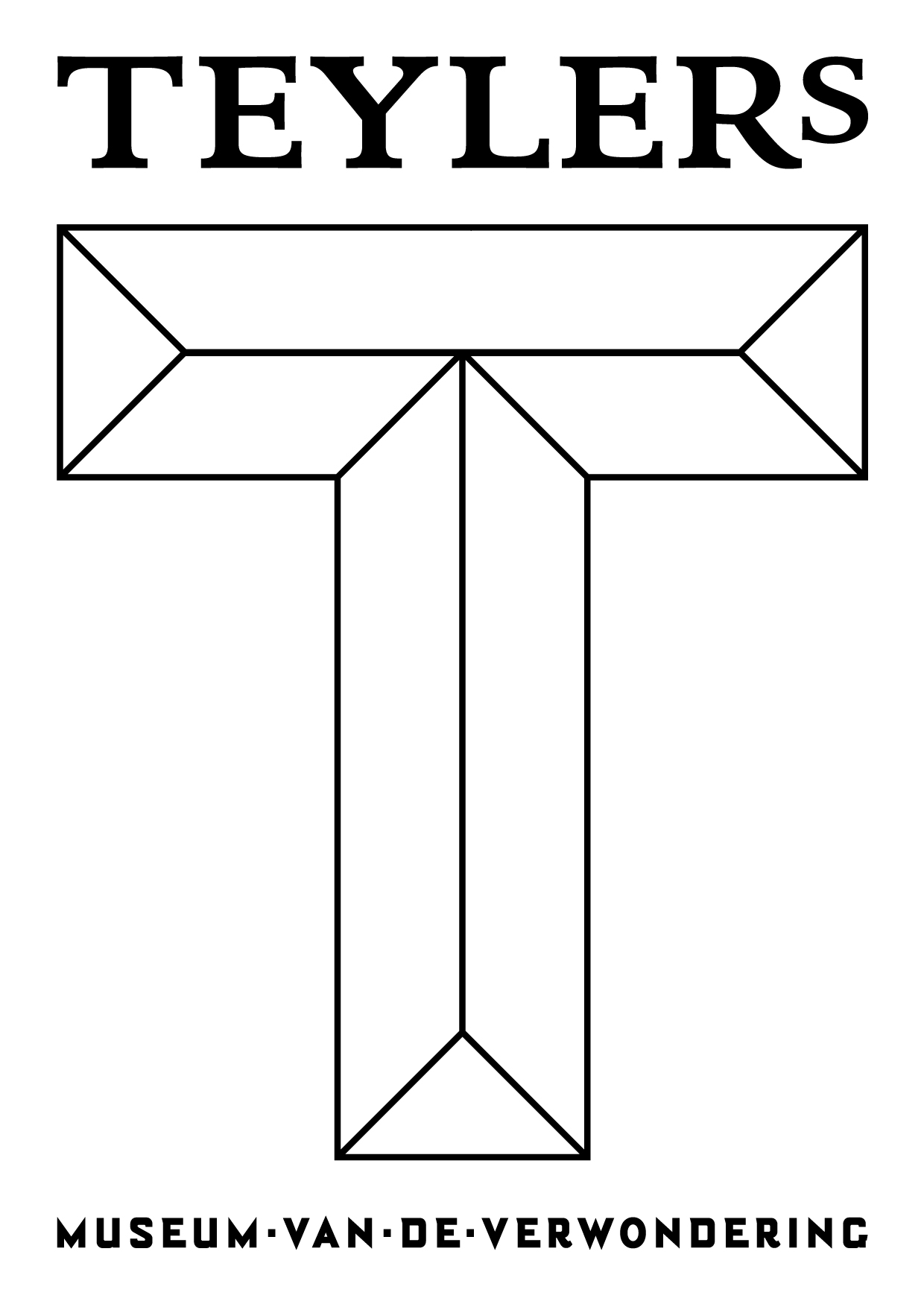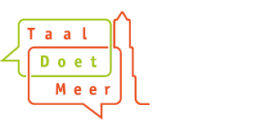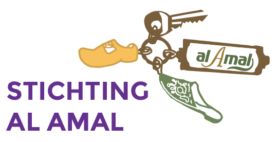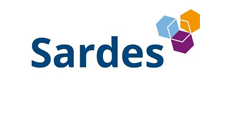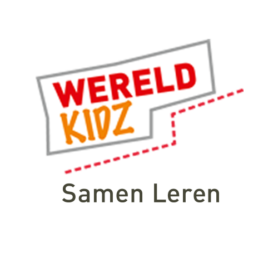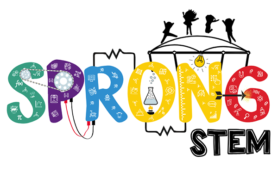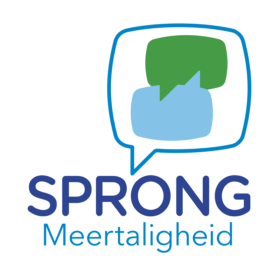Multilingual Multiplication: What if using another language is the solution?
A struggle I’ve had as a teacher of newcomers is that students sometimes have difficulty finding the words to show me what they know. Some remain silent for months while they process the new school language. Many feel bored in class, as they know much more than they are able to show in the school language and are therefore instructed at a lower level. Allowing students to translanguage–to use whatever language they feel comfortable expressing themselves in–has been a great way for me as a teacher to enable students to learn at a level that fits them best. My students’ confidence grows as they show me what they already know. Boredom is also dispelled, as they are challenged to grow at a pace that matches their ability.
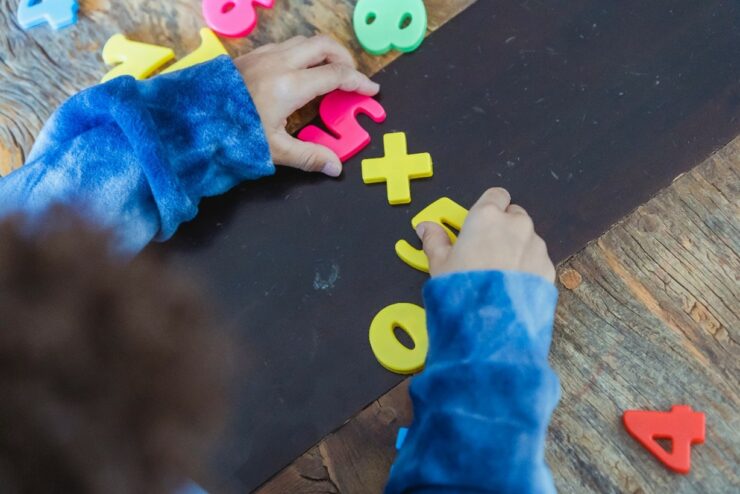
Recently, my newcomers class has been studying multiplication. For some students, the multiplication tables are very familiar – they’ve learned them before in their own language. For others, it’s completely new. They haven’t learned the multiplication tables in their home language nor in the school language. As we study multiplication, students can earn stickers for each multiplication table they have memorized. Once they’ve mastered all the multiplication facts, they receive a multiplication diploma. Let’s dive back into a moment from last Thursday:
One of my students comes to me, enthusiastically asking if he may show me that he knows the table of 3. He starts, excited to earn a sticker: “1×3=3, 2×3=6, 3×3= …90, no! 9!” He slows down as he gets to the bigger numbers. I can see the insecurity on his face. As he gets to 7×3, I hear him mumble 21 in his own language. He looks at the number line on the wall and after a few seconds he tells me the answer in Dutch. I can tell he knows the multiplication facts, but the school language is keeping him from showing me.
I ask him to repeat his multiplication facts, only this time in his home language. Confidently the boy starts reciting the multiplication table. A friend of his, who speaks the same language, comes to listen when he hears his own language. His friend looks at him admiringly: “It’s all correct! And he’s so fast!” Two students working close by have also heard it. They don’t understand his language, but they can tell by his confident appearance that he knows what he’s doing. “Wow! How clever of him!” they tell each other. I agree. He knows the material. Just because he’s struggling with it in the school language, doesn’t mean he doesn’t know what we’re talking about, or that he hasn’t put in the effort. That sticker has definitely been earned!
Hanneke Baart | PhD researcher, Translanguaging & Digital Tools
Currently, this blog is only available in English and Dutch. To read it in another language we recommend using the translation tool DeepL.com.


